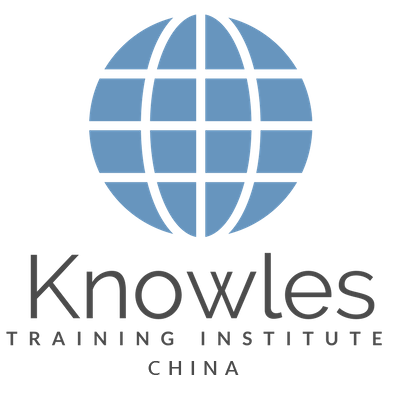Skip to content
Mnemonic DevicesIntern1bksiuevej76kHhK2023-07-14T13:49:23+08:00
Mnemonic Devices
Mnemonic Marvels: Unleashing the Memory Magic for Enhanced Learning
- Mind Palace Method: Implement the Mind Palace technique to associate information with specific locations within an imagined space. By mentally navigating through this space, you enhance memory organization and strengthen recall.
- Sensory Associations: Engage multiple senses by creating vivid sensory associations with the information. By connecting the material to sights, sounds, smells, tastes, or touch, you enhance memory encoding and retrieval.
- Storytelling Techniques: Craft engaging stories that incorporate the information you want to remember. Storytelling provides context and emotional connections, enhancing memory consolidation and making learning more enjoyable.
- Mental Linking: Form mental connections and associations between pieces of information. By creating meaningful relationships or visualizing how concepts relate to one another, you strengthen memory networks and facilitate recall.
- Mnemonic Images: Create mental images or visual representations that symbolize the information. Vivid and imaginative images enhance memory encoding and serve as effective cues for retrieval.
- Keyword Method: Group related keywords or concepts together using mnemonic techniques. By clustering similar items or ideas, you enhance organization, comprehension, and memory retrieval.
- Analogous Analogies: Use analogies that compare new information to familiar concepts or experiences. Analogies provide relatable contexts, aiding in understanding, retention, and recall.
- Method of Loci (Memory Palace): Associate the information with emotions or personal experiences. Emotional connections deepen memory encoding and promote stronger retrieval of the associated knowledge.
- Interactive Mnemonic Games: Engage in interactive mnemonic games or quizzes that challenge memory recall. These activities provide an enjoyable way to reinforce learning, strengthen memory associations, and assess comprehension.
- Metacognitive Strategies: Employ metacognitive strategies such as self-reflection, monitoring, and self-regulation of learning. By consciously observing and evaluating your own learning process, you can optimize memory performance and learning outcomes.
Page load link

